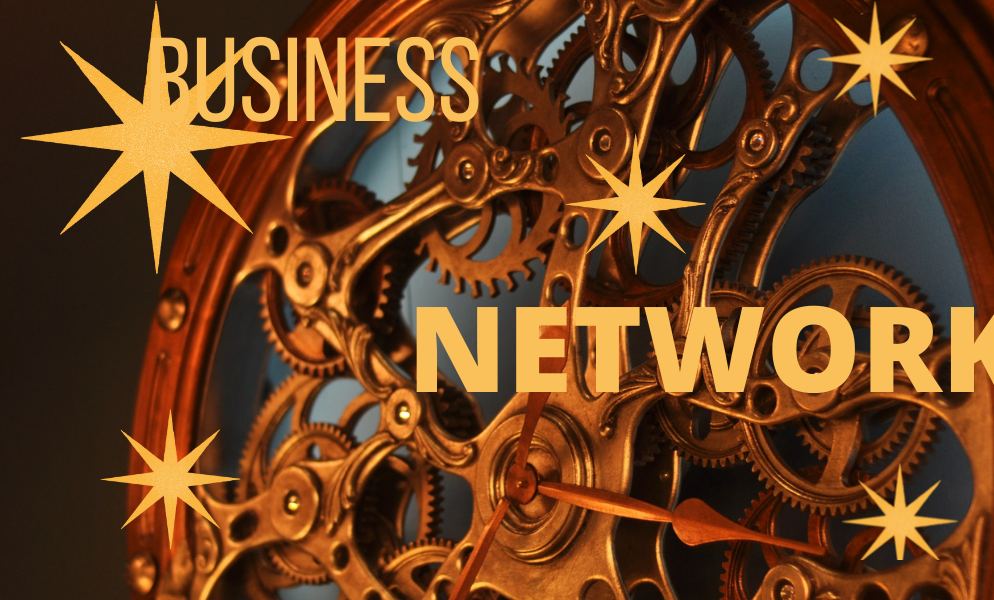
What can you expect from this book?
You probably already have a network of
hundreds, if not thousands, of business
associates and wonder what more can you do with networking.
In the new world, it is not enough just to know people. A network is not sufficient unless your value-added potential is transparent and has top-of-mind awareness for your network.
This book discusses a multitude of ways in which business networks add and communicate value in the modern business world.
In particular, I will show the five useful business trends, and new ways of looking at them, to create, grow and reap outstanding and sustainable business advantages.
As of early 2013, the global financial crisis is a five-year-old memory. The stock market is bouncing up and down, and people are hopeful of an eventual recovery. On the other hand, the situation in Europe, particularly in Greece and other Mediterranean rim nations, is still grim.
The abysmally high level of debt remains and the capacity to repay it is elusive. On that measure, even the recovery in the United States appears suspect. China is the only bright light on the global economic horizon. And even it is faltering like the last domino.
Business are engines of growth
Whatever the reasons for or the outcomes of this current global economic scenario, it cannot be denied that eventually only businesses will lead economic recovery.
The failures of command economies in the erstwhile Soviet bloc have demonstrated beyond doubt that statist policies, while good short-term Band-aid solutions, can rarely lead to true economic prosperity.
Globalisation has been blamed by both the extreme right and extreme left for a host of economic ills facing various nations. Having seen its effects at close quarters in more than 100 countries, I cannot disagree more.
In my view, the results attributed to globalisation are more attributable to other factors, such as human malfeasance, institutionalised corruption (even in the highest places), laziness, a sense of entitlement to riches without working for them and herd mentality leading to action without thinking and similar such factors - all part of basic human nature.
In the midst of this macro situation, businesses continue to suffer from intense uncertainty and anxiety. Investment decisions are delayed for months, if not years, by the inability to project cash flows and the expected rate of returns for the investors. Waiting for consumer spending to pick up has been futile so far.
Inevitably, all eyes are upon the business section to find a way out of the economic morass.
Innovation Is Critical
If business is the ladder to economic salvation, then innovation forms the rungs. New products, new methods to create, design, distribute and service these products, alongside new ways to relate to the customer and understand their world are all equally important sources of innovation.
While product innovation looks sexy and garners all the attention in expositions and the media, process innovation is equally lucrative - just ask Mr Henry Ford and Mr Roy Kroc, the founder of the McDonald's franchise model.
Every couple of decades, powerful juxtaposition of trends leads to unique and revolutionary way of commerce. Contrary to the gushing accounts and adulations of the commentators, most pioneers merely stumble on these trends by a process of trial and error. Other companies, the more nimble and hungry ones, follow the pioneers closely and build strong businesses in their lead.
More established companies then follow suit and try and recover lost ground, using their financial muscle and market power, sometimes succeeding and sometimes failing.
Many other companies are so caught up in the hubris of their past success, internal politics or other attention-sapping devices and they fail to move at all, or move too late, often with disastrous consequences.
We Can Learn From Success And Failures Of Others
Chronicles of such disasters would perhaps be more instructive than the starry-eyed accounts of success. As Daniel Coyle points out in his book, The Talent Code, the only way to succeed massively is by failing repeatedly at progressively more complex, smaller tasks until you master them.
However, most writers and authors persist with the formula that has succeeded since the first bard told stories of the victories of war, and I have no doubt that we will continue to see many romantic accounts of success for centuries to come.
It is difficult not to get caught up in the current of adulation that surrounds some companies at certain times. Any such apparent adulation in this book is despite my effort to be objective and cognizant of the cyclical nature of success.
The biggest trend sweeping the world - business and non-business - today is networking. When Facebook announced its IPO filing, it valued the company at $100 billion.
Analysts, pundits and business school professors are still debating what entitles it to that kind of valuation when many websites with similar business model - Orkut, Myspace and a plethora of wannabes - failed to monetise the eyeballs to any great extent. It was not even validated how many of those numerous Facebook accounts were authentic.
Other contenders to high valuation - LinkedIn, Twitter and a few others - do not command the stratospheric valuation claimed by Facebook. LinkedIn was valued at “mere” $9 billion, while Twitter languishes in third place among the winning triad at a “meagre” $8 billion.
These high valuations, whether justified or not, inspire awe and wonder.
How can a company which has no manufacturing, no traditional customers, no suppliers, no products, no warehouses and no logistics, command a valuation roughly equivalent to 10 percent of the GDP of the entire continent of Australia? By what magic is the projected cash flow so high, or, the risk-adjusted cost of capital so low?
How can a company that did not even exist 10 years ago be suddenly more valuable than roughly 95 percent of the corporations in the USA - many of them earning billions of dollars of steady cash every year for decades, if not centuries?
Our purpose, however, is not to justify or critique the valuation of these social networking enterprises. It is to look at the power of the networks in the business world. Here, we will discover a set of Business Networks even more valuable than those mentioned above.
In fact these Business Networks, rarely recognised at first, are so valuable that not a business can exist without one in today’s world. Unfortunately, most executives and CEOs fail to harness the full potential of this network adequately.
This book is about the 5-STAR Business Networks that run the modern world. It should spur thinking about how to design your own business model that works for your circumstances. It is about new ways of doing things based on observations from the real world.
In the first section, we will discuss the trends of networks and the value they are creating in today's society. We will see the reasons why these networks are valued so highly, despite being merely social networks of a virtual nature.
In the second section, we will examine the trends of business networks of real nature and how they are taking over the entire business modus operandi. This growing trend counters most of the traditional wisdom about how to run business. Great thinkers – from Peter Drucker to Tom Peters to Michael Porter – all dispensed valuable business network wisdom.
Many of the basic tenets of their thinking do not apply under the current circumstances, as you will see. Newer business models - such as Barry Nalebuff's Co-opetition - apply a lot more closely to these business networks.
Collectively, they are worth several trillion dollars - far more than Facebook, LinkedIn and Twitter combined. We will see how these business networks are now configured and harnessed.
The 5-STAR Business Network: And The CEOs Who Are Building The Next Generation Of Super Corporations

You probably already have a network of hundreds, if not thousands, of business associates and wonder what more can you do with networking.
URL: https://5starbusinessnetwork.com/
Author: vivek sood
Editor's Rating:
5
5





